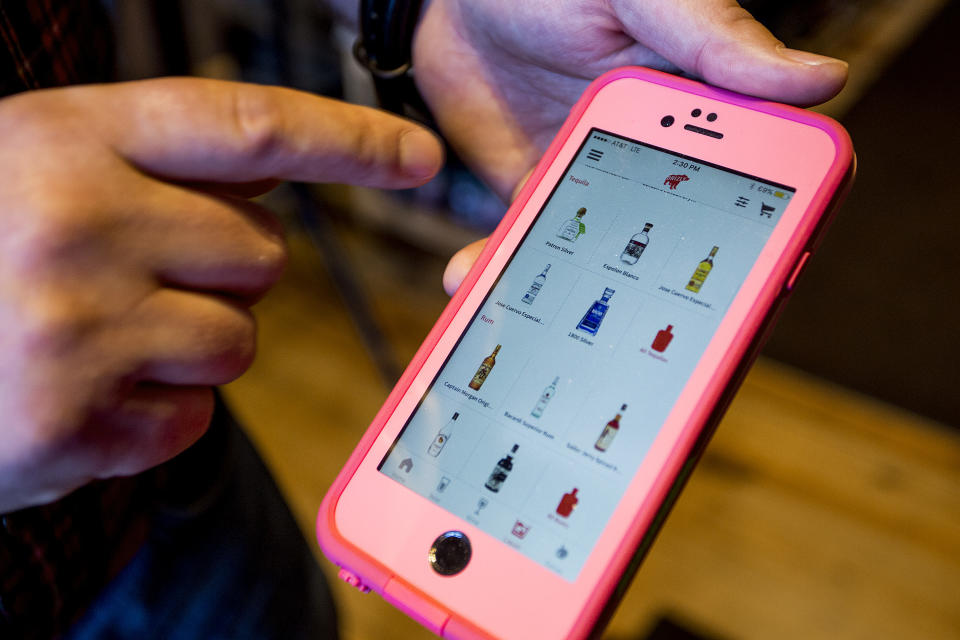Amid shift to online liquor buys, here's why startup Drizly sees delivery as a 'commodity'
Americans are rapidly moving online to fulfill their liquor demands.
Online alcohol sales are poised to surge by nearly five times to $13.4 billion by 2024, according to a new report from beverage industry researcher IWSR. And Boston-based Drizly is one of a slate of startups moving to cash in on the trend.
Drizly is an e-commerce platform that allows users to buy liquor online and have it delivered directly from local stores. In an interview with Yahoo Finance’s YFi PM, CEO Cory Rellas explained that “what we’ve been doing is building the infrastructure to enable all of this.”
He added: “Not many people know that alcohol delivery is legal and that Drizly exists.” But as awareness grows, “there’s a heck of a lot more retail suppliers joining our platform across the 31 states that allow it.”
Rellas sees e-commerce platforms like Drizly as a key piece to the future of the liquor industry—especially independent stores.
“Liquor retail is a tough business right now. For a lot of independent retailers, they’re starting to get squeezed on a couple different sides,” Rellas explained. “You’re talking grocery getting more competitive. Chain retailers, where it’s legal, are starting to encroach on the independent side as well.”
Paying more for convenience

Wine stills commands the majority of alcoholic e-commerce purchases — yet hard seltzers and prepared cocktails more than doubled their e-commerce market share in 2018, according to IWSR. That effect has been multiplied by the explosive growth of brands like Boston Beer’s (SAM) Truly and Mark Anthony Brands’ White Claw in 2019.
And stores that embrace on-demand alcohol delivery are likely to be rewarded. Nearly three quarters of U.S consumers are willing to shell out more for drinking online versus buying alcohol in a store, according to IWSR.
Drizly’s Rellas said the company’s average customer is around 32 to 34 years old and urban, which positions it for success in a market where purchases are moving toward the web.
“Delivery is a commodity at the end of the day,” Rellas said. “The consumer proposition is just so much more than delivery.”
The Drizly shopping experience is “guided and personalized in such a way that you can have your own store depending on where you are and who you are, and what you’re looking for,” he added.
Nick Robertson is a senior producer at Yahoo Finance.
READ MORE:
Netflix co-founder on why Disney+, others are ‘all in’ on streaming
Retirement expert: 1-in-4 workers miss opportunity to 'capture literally free money'
Follow Yahoo Finance on Twitter, Facebook, Instagram, Flipboard, SmartNews, LinkedIn, YouTube, and reddit.

 Yahoo Finance
Yahoo Finance 
